Back to Courses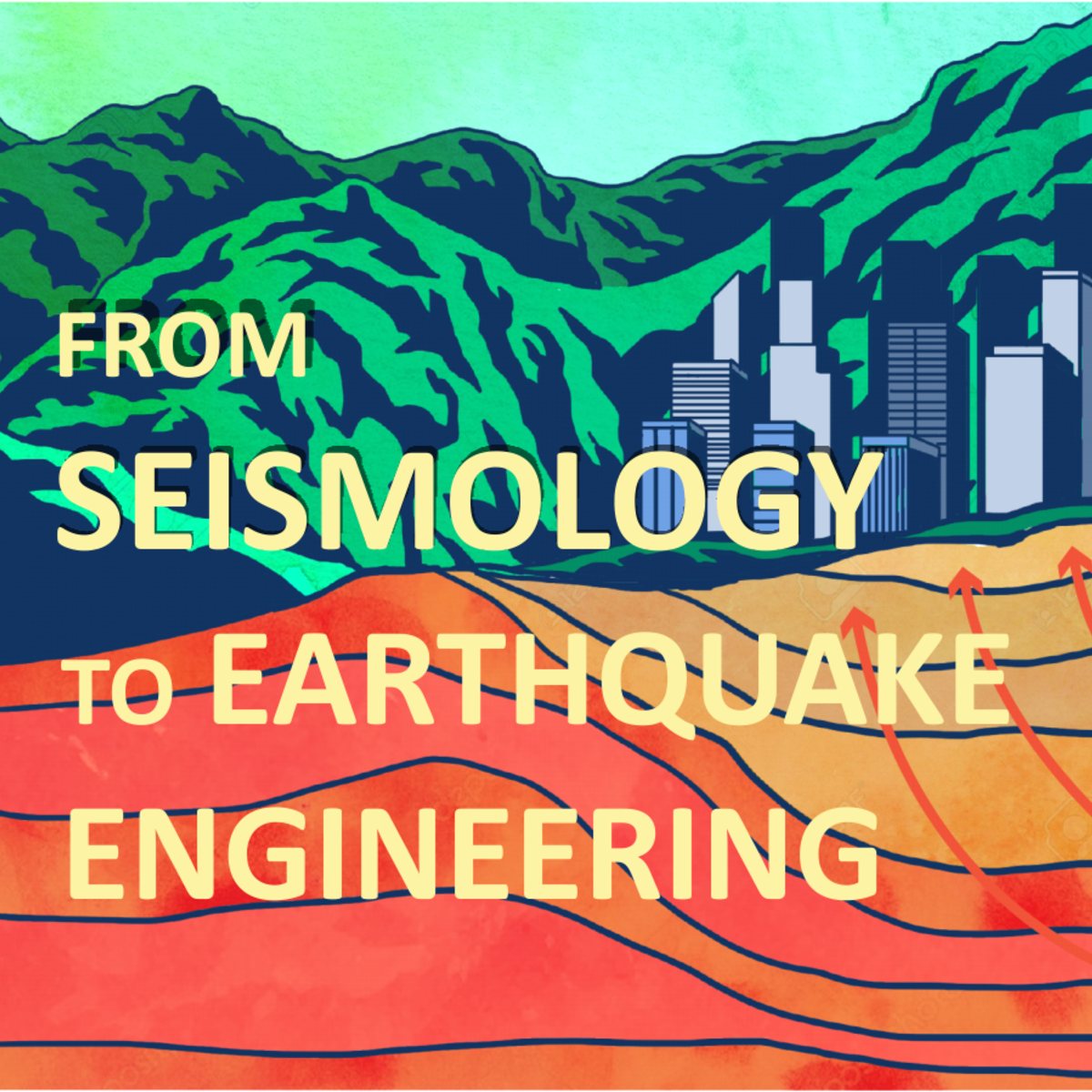
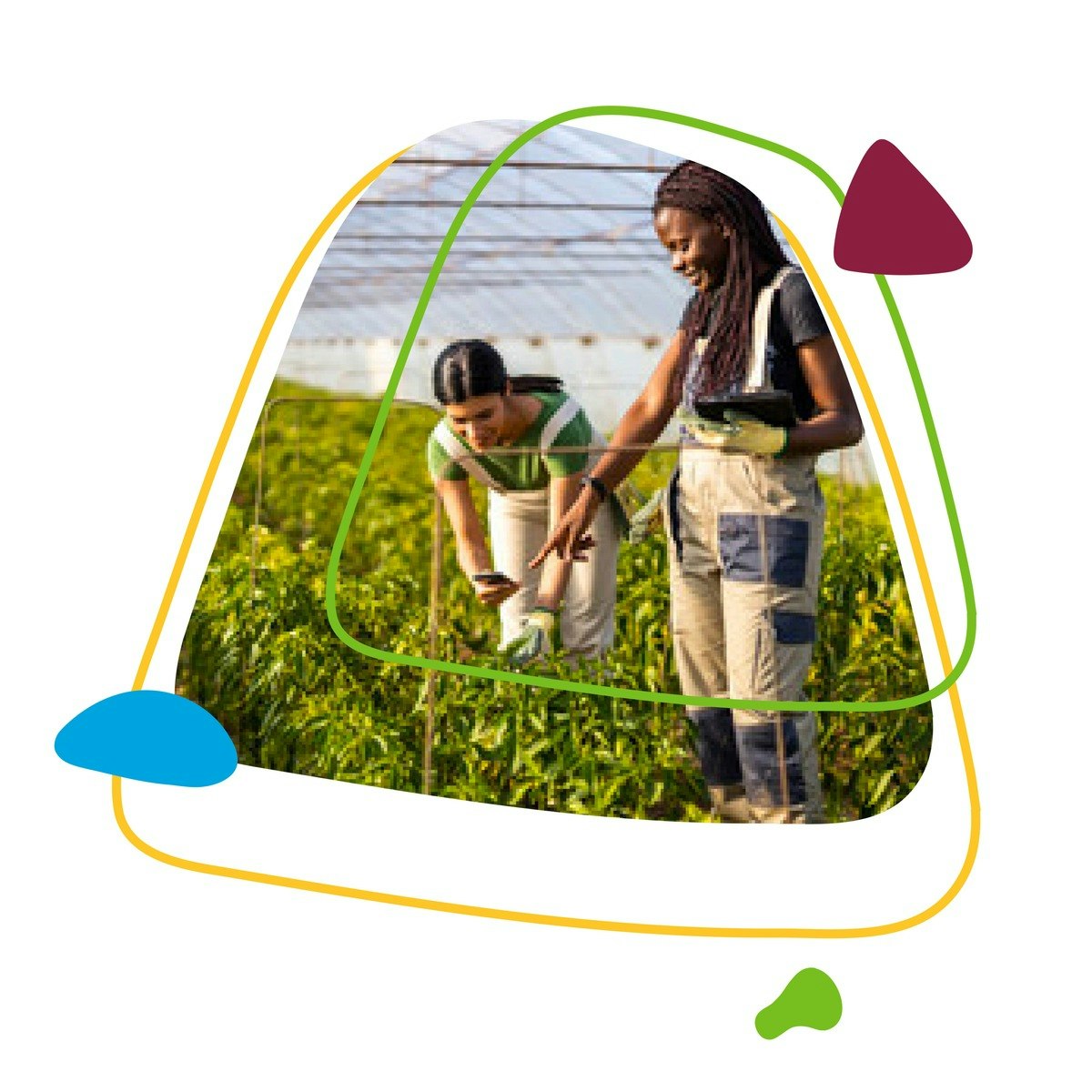

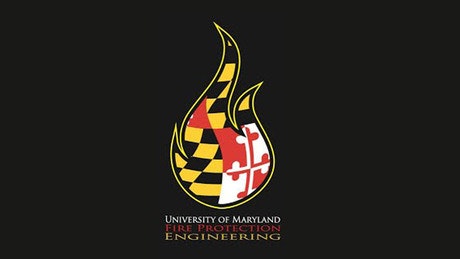

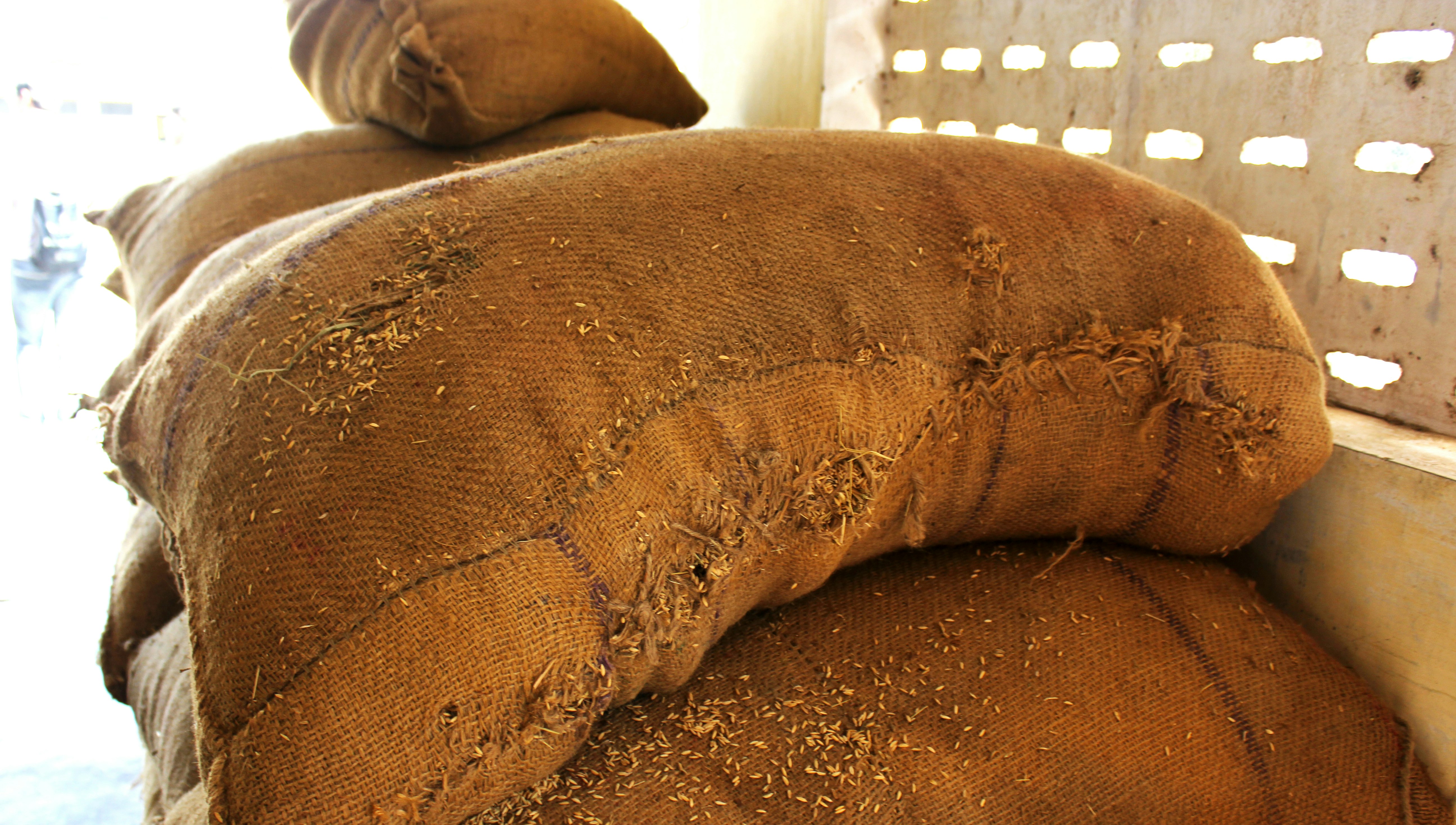
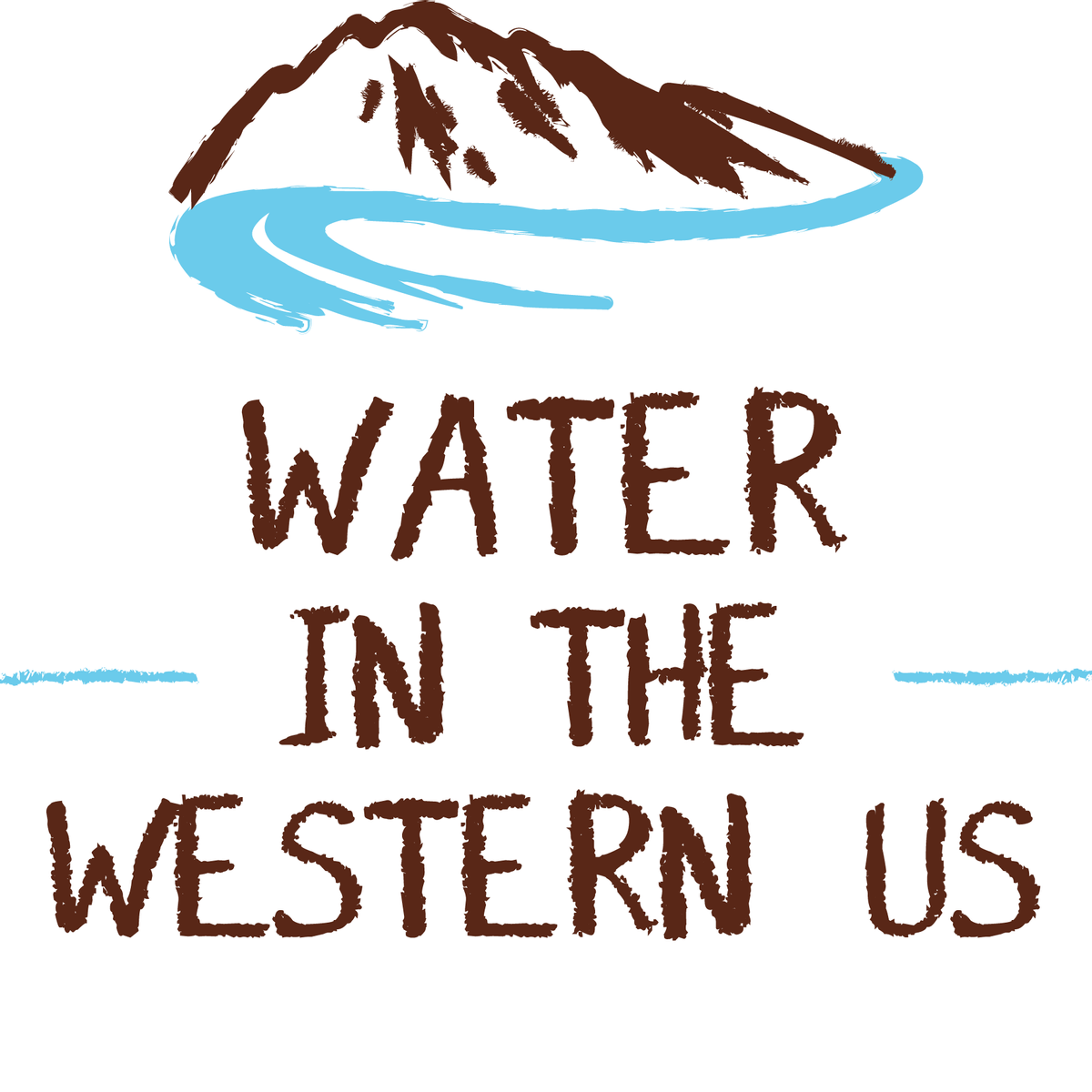

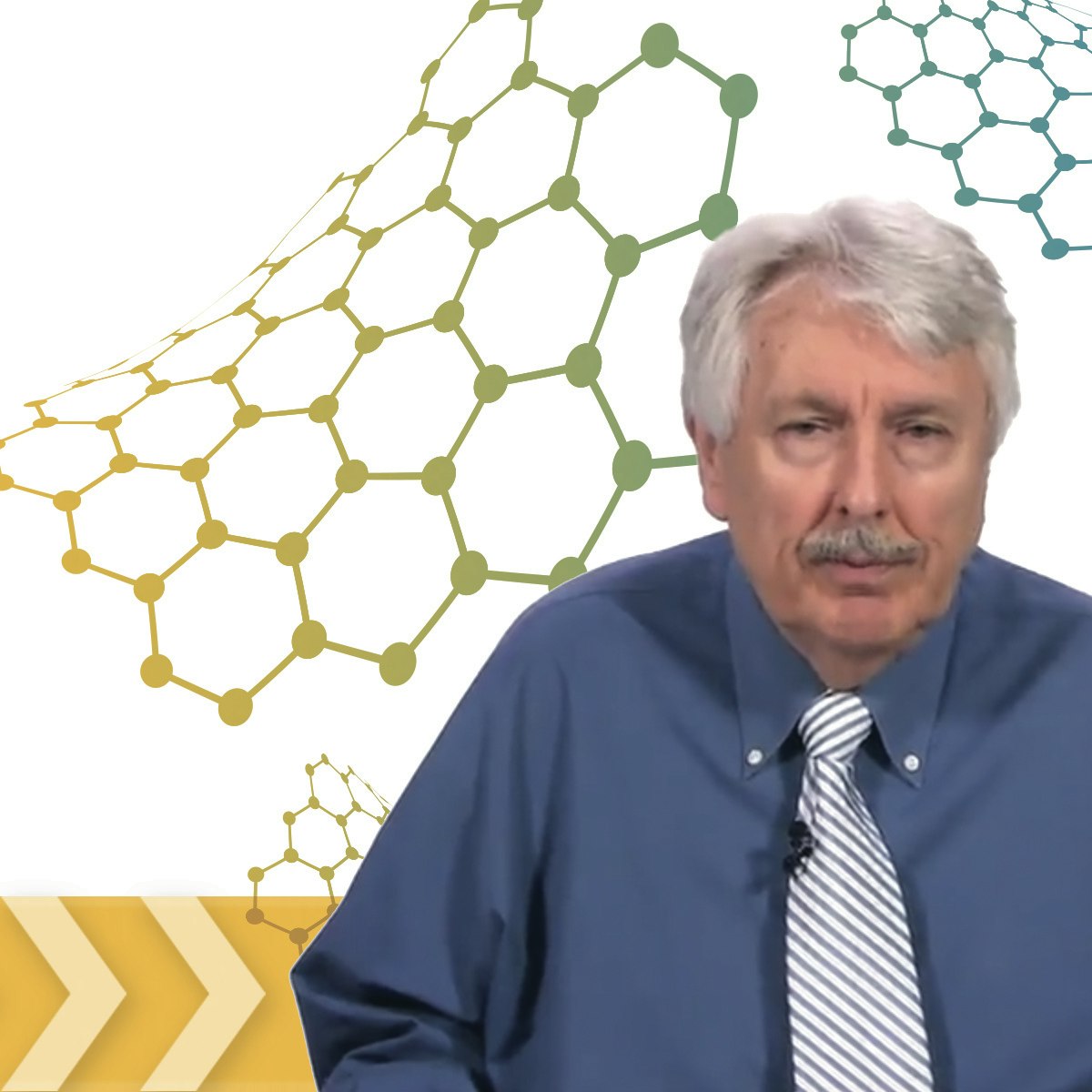

Environmental Science And Sustainability Courses - Page 14
Showing results 131-140 of 151

Seismology to Earthquake Engineering
This course ranges from the earth structure, the generation of earthquakes and seismic waves by faults to the seismic response of soils, foundations and structures as well as seismic risk. It is consequently aimed at undergraduates, graduates and professionals interested in engineering seismology, earthquake engineering or seismic risk. It investigates various technical fields: rock mechanics, soil dynamics, structural dynamics and dynamic soil-structure interaction.
Various types of sessions are proposed: regular sessions describing a phenomenon or explaining its basic principles, lab sessions illustrating concepts through simple experiments (fault motion, liquefaction, resonant column tests, shaking table tests) and research topics focusing on advanced topics from various research fields (e.g. magnet-Earth, seismicity of Mars, seismic sensors, probabilistic approaches). Several quizzes, as well as 3 mini-projects, will allow you to check your knowledge and assess your understanding of the various topics.

Foundational Sustainability Skills & Competencies
The third course in this specialization takes the skills and knowledge learners have gained in the previous two courses and develops them into concrete skills that will serve the learner when they enter the field as a sustainability analyst. These skills include developing sustainability goals and initiatives, reporting and planning, maintaining document accuracy, and identifying partners for sustainability initiatives. This course focuses on the real-world application of all the skills the learners have gained in the previous two courses, using video, text, interactive, and peer-reviewed content and activities to support continued growth and learning.
In this course, the topical knowledge presented is directly related to the practical skills learners will demonstrate since the content presented is about tasks crucial to a successful sustainability analyst. Interactive learning objects and peer-reviewed submissions provide opportunities for hands-on learning and collaboration with fellow learners. Knowledge checks ensure that learners clearly understand the skills and competencies needed in the field of sustainability. At the same time, the hands-on activities provide them with opportunities to practice those skills and competencies.
Because this course is intended to be the final learning experience in the sequence, it supports learners as they prepare to enter the job market and seek sustainability roles. By presenting opportunities to practice developing reports, setting goals, and evaluating potential external partners, learners will be able to speak to those tasks in job interviews and complete the tasks successfully when they are hired into a role. The focus on practical application in this course supports learners’ confidence and development toward the position they seek.

Introduction to Digital Transformation
This course is primarily for professionals, college students, and advanced high school students who are interested in driving the digital transformation by integrating automation, software, and cutting-edge technologies.
This course represents a foundational introduction to Digital Transformation, appropriate for learners with a basic familiarity with common business terms and concepts and an interest in digital technology. To succeed in this course, learners should bring their curiosity about how new developments in technology are shaping the way businesses and entire industries operate. This course has no formal prerequisites.
This course focuses on how technology can be used as a competitive advantage in today’s business environment. First, current trends in computing, visual, connectivity and artificial intelligence are outlined with an emphasis on their impact to businesses. Next, we look at digital tools for design, manufacturing, and usage of products. Finally, we look at the applications of these technologies and digital tools across eight key industries.
Upon completion of this course, you will be able to:
Summarize digital transformation - what, how and why
Outline important technical trends within today’s economy
Identify digital tools that can be applied to transform business processes
Apply digital transformation to a variety of industries
Course developed in partnership with Fram Akiki of Joun Technologies.

The Effect of Fires on People, Property and the Environment
Fires impact people, property and the environment in all countries around the world. In some cases, the resulting losses are extraordinary, causing hundreds of deaths, widespread damage to property and contents and significant impacts on the environment. More often, fires may cause a single casualty or affect a single home, though the effects are still highly significant to those affected and collectively are substantial. This course will provide an overview of the challenges posed by fire as well as the fire safety solutions that are available to meet those challenges.

Environmental Hazards and Global Public Health
The second course of the Impacts of the Environment on Global Public Health specialization will explore a number of different environmental hazards. These are: air pollution, water pollution, solid and hazardous waste, and two physical hazards (radon and noise). These hazards each have the potential to harm human health, and we will explore how you may come into contact with these hazards and how they may harm you, as well as what we can do to minimize these exposures and health impacts. We will also explore two additional key topics: urban and global health, and the influence of the built environment on human health.

Global Postharvest Loss Prevention: Fundamentals, Technologies, and Actors
This course provides an overview of the issue of postharvest loss of grains by exploring essential physical, technical, and social dimensions of postharvest supply chains and loss prevention methods globally.
Each year, estimates suggest that 1/3 of all food produced is lost or wasted, making postharvest loss a critical global food security and sustainability issue of today. Key knowledge areas are presented including:
-An overview of postharvest loss
-Supply chain activities such as harvesting, drying, and storage
-Economics and markets
-An introduction to the network of actors working in this field
We face the immense challenge of feeding over 9 billion people by the year 2050. To meet these demands, yields will have to more than double using the same amount of natural resources. In recent years, postharvest loss has been recognized by major institutions including the US government, the United Nations, the CGIAR Research Consortium, and several others as a significant opportunity to impact food security and improve livelihoods. Despite this increased attention, a lack of knowledge, technical capacity, and resources remain obstacles for stakeholders worldwide to act on these issues. This course will, for the first time, provide you as professionals, practitioners, and students, with a comprehensive introduction to postharvest loss processes and begin building capacity for loss prevention worldwide.

Water in the Western United States
Water is important to all of us. Water connects people through place, memory, and community. But in places where water is scarce, like the Western United States, water can also be contentious and divisive. How then do we overcome the challenges associated with increased water scarcity while honoring the diverse perspectives of people who rely on shared water?
In this course, you will learn about water and climate in the Western United States and join a community of thousands of learners to gain insight into the major legal, political, and cultural issues that make water so complex in the region.

Renewable Energy Futures
Renewable energy's future is bright, yet uncertain. Will it continue to grow rapidly? Is current growth sufficient to achieve climate stabilization? How do related technologies, like electric vehicles and heat pumps, fit in? This course will shed light on the many confusing and at-times inconsistent claims and predictions for renewable energy.
We’ll review promising new renewable technologies and approaches, such as floating platforms for wind turbines and building-integrated photovoltaics (PV), and point out key opportunities and limitations. We’ll take a close look at possible futures of enabling technologies such as electricity storage, electric vehicles and hydrogen, which can support and enhance renewables. We’ll then unravel key trends and new approaches, such as distributed energy and electrification, and explain how they affect renewable energy’s future.
Renewable energy, aided by enabling technologies such as electric vehicles and storage, will eventually dominate energy systems worldwide. From this course, you’ll learn the current status and likely future paths of renewable energy. With this knowledge, you’ll be able to pinpoint the opportunities in this vibrant industry and get in front of the change.
Course logo image credit: "Wind Turbine" icon courtesy of Vectors Point from the Noun Project.
Material Behavior
Have you ever wondered why ceramics are hard and brittle while metals tend to be ductile? Why some materials conduct heat or electricity while others are insulators? Why adding just a small amount of carbon to iron results in an alloy that is so much stronger than the base metal? In this course, you will learn how a material’s properties are determined by the microstructure of the material, which is in turn determined by composition and the processing that the material has undergone.
This is the first of three Coursera courses that mirror the Introduction to Materials Science class that is taken by most engineering undergrads at Georgia Tech. The aim of the course is to help students better understand the engineering materials that are used in the world around them. This first section covers the fundamentals of materials science including atomic structure and bonding, crystal structure, atomic and microscopic defects, and noncrystalline materials such as glasses, rubbers, and polymers.

Electric Utilities Fundamentals and Future
THIS COURSE GIVES YOU THE INSIDE TRACK TO A COMPLICATED INDUSTRY. The approach of this course is truly unique in how it approaches and engages learners. It looks at the electric utility industry, which has remained critical to our quality of life, health and comfort from the eyes of numerous industry experts through on-location interviews, compelling visuals, and animation. You will benefit from having the inside track because you see some behind-the-scenes information not covered in news stories, social media or even if we are in the business ourselves.
EACH WEEK YOU NOT ONLY LEARN WHAT IS CHANGING, BUT WHY. As this industry continues to unfold at an unprecedented pace, you will be armed with knowledge and insights to form informed opinions supporting decisions you will increasingly make for your energy-dependent homes and businesses.
This course kicks off with animated crash course on industry history, highlighting aspects of the structure, governance, and technology that remain today, despite the passage of time. Then, throughout the modules, you will build some basics about how electricity gets to you, who watches over decisions, including setting rates. This information establishes a knowledge foundation so that when we explore some of the most critical topics, like renewable energy, smart grid, battery storage, and you can think about it from a much more analytical and critical viewpoint.
YOU WILL DEVELOP A FRAMEWORK FOR MAKING SENSE OF THIS INDUSTRY THAT WILL BENEFIT YOU BEYOND THIS COURSE. This industry can get pretty complicated, and this course will help you make more sense of it. Electric Utilities Fundamentals and Future is the course for you whether you’re just curious about the industry or an industry veteran looking to grow – or, thinking about joining the industry. (Hint: now is a good time. You'll learn why in this course.) No prior education or experience required. You just need a healthy curiosity and an open mind to learn about an industry that I think a lot of us, including myself sometimes, take for granted.
Popular Internships and Jobs by Categories
Browse
© 2024 BoostGrad | All rights reserved


